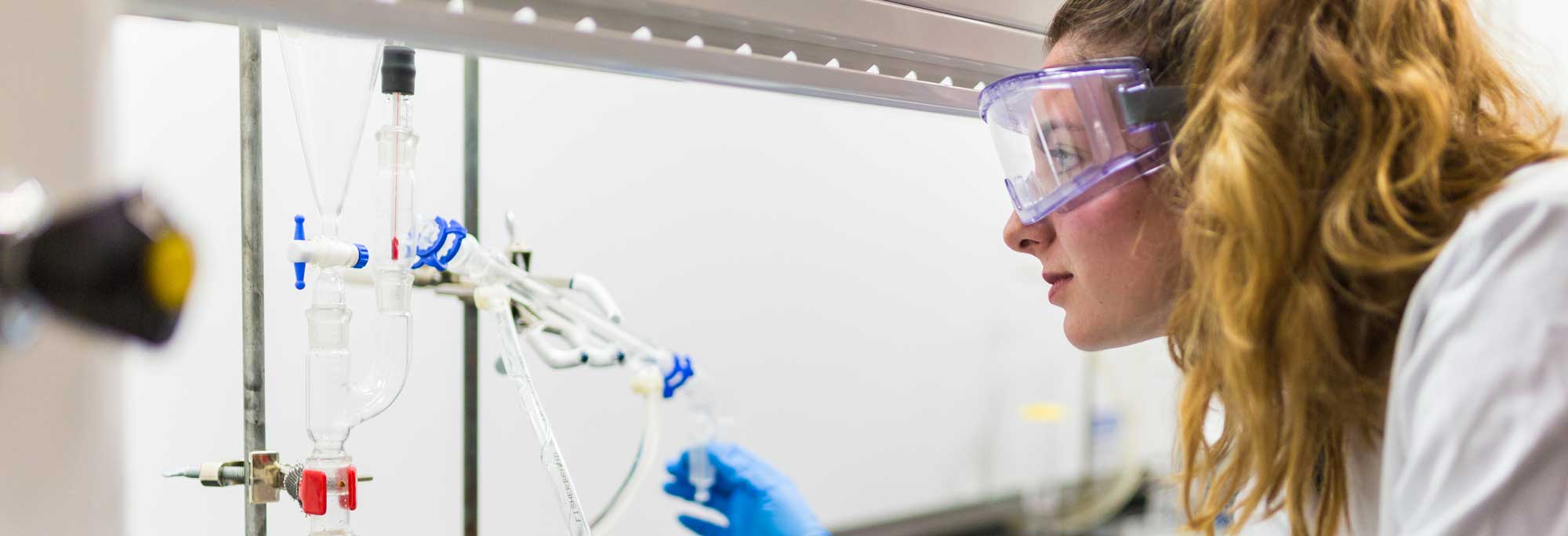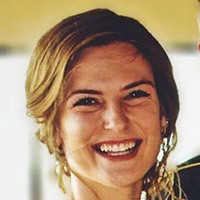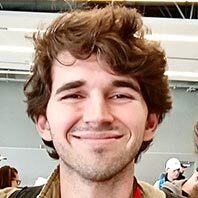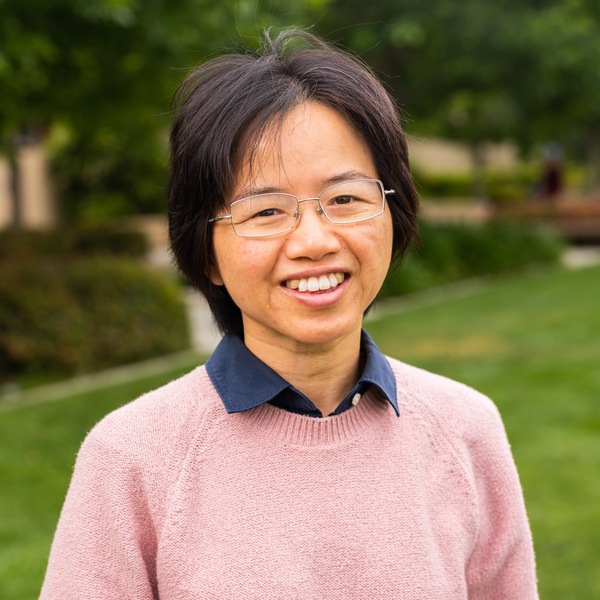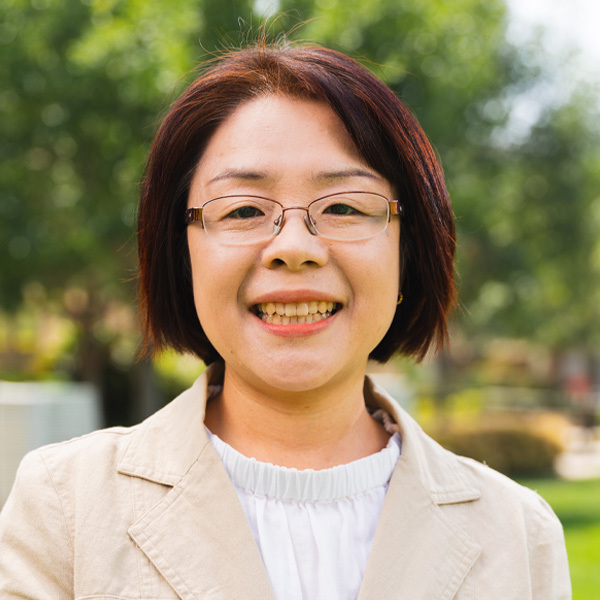B.S. in Chemistry
Biola’s chemistry degree offers preparation in all the core areas of chemistry: analytical, biological, inorganic, organic and physical chemistry. Our program provides rigorous coursework, hands-on-training with the latest chemical instrumentations, as well as a rich independent research experience from a Christian worldview. As a chemistry graduate, you will be fully prepared to pursue professional careers in industry or government, or to continue towards advanced degrees in chemistry and molecular sciences. Our graduates work in a variety of places, including the biomedical field, government agencies, environment and sustainability fields, and the food technology industry.
In addition to its strong curriculum, expert faculty members and biblical integration, Biola’s chemistry program offers several key advantages:
- Green Chemistry training will train you to work with chemicals and materials by applying the 12 principles of green chemistry. Learn more about the Green Chemistry Commitment on the Department of Chemistry website.
- Small class sizes will enable you to benefit from professors who have the time to individualize programs and meet specific needs.
- Biola's location in Southern California — one of the world’s largest and most diverse metropolitan areas — is ideal for finding student employment and internships in local industry.
- Biola offers numerous summer mission projects that allow students to use their technical skills.
- Well-equipped laboratories and state-of-the-art instrumentation at the Lim Center offer hands-on experience and opportunities to put your learning into action.
- Be mentored by expert faculty who integrate their Christian faith into their lives as researchers, teachers and ministers in local or global communities. Students have opportunities to be involved in directed research with faculty, participate in presentations at various conferences and co-author peer-reviewed journal articles. Learn more about our faculty and student research.
